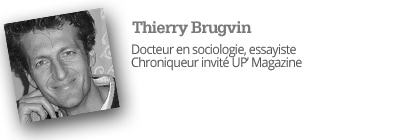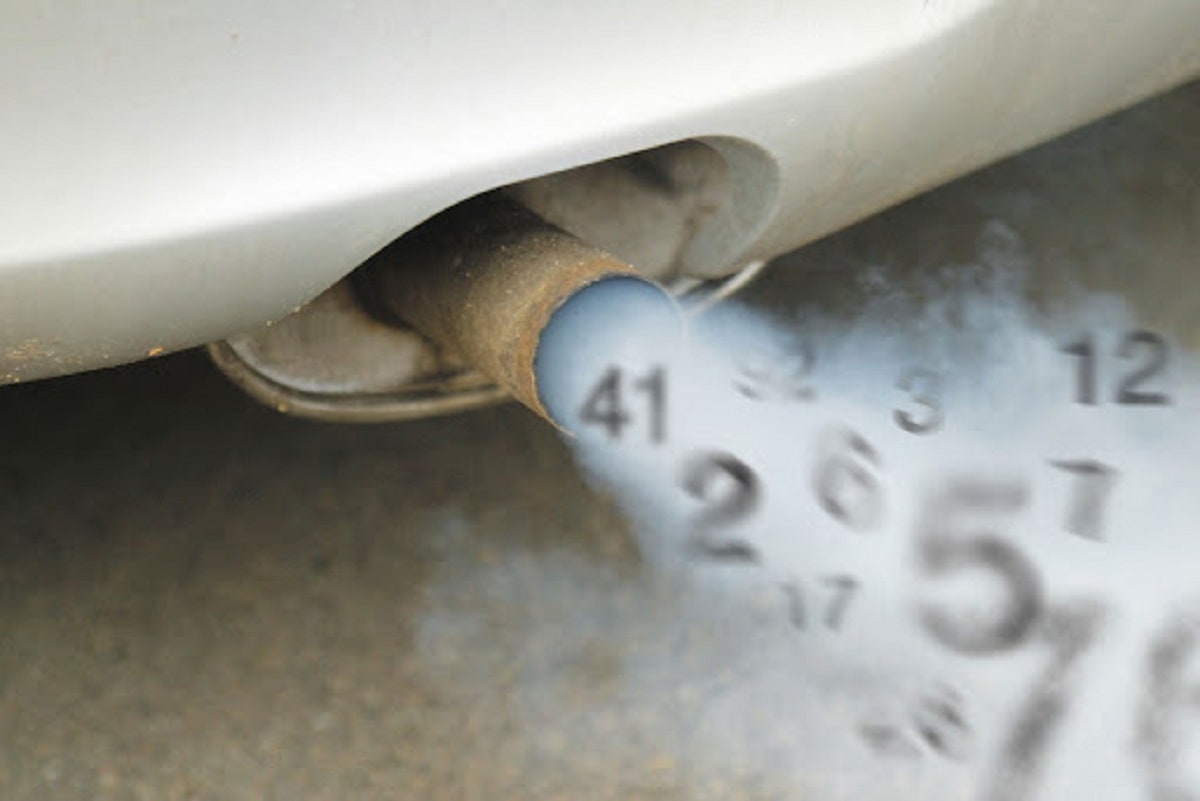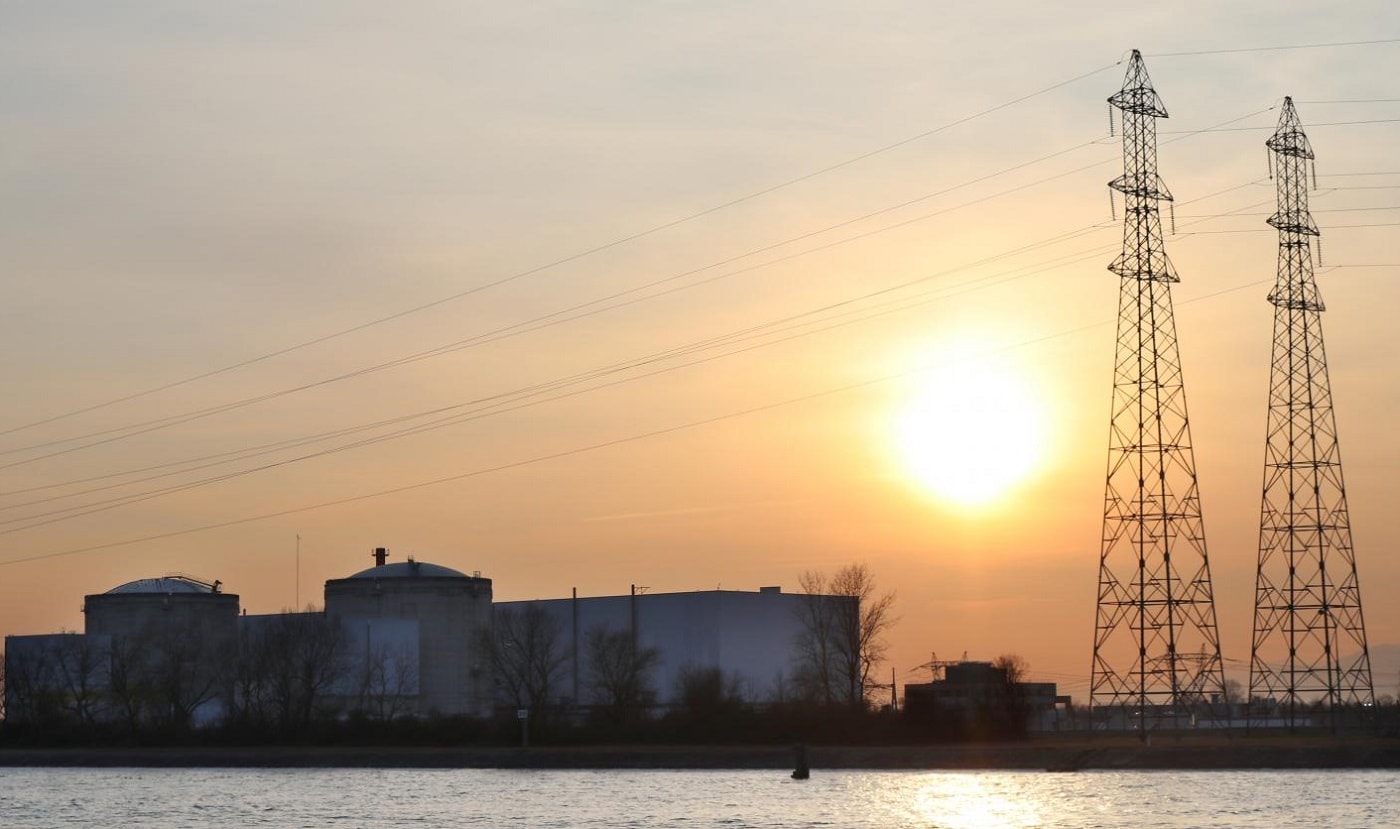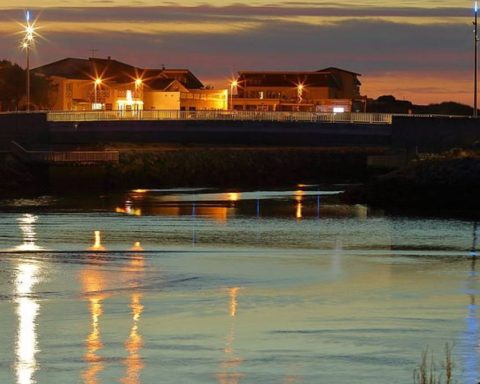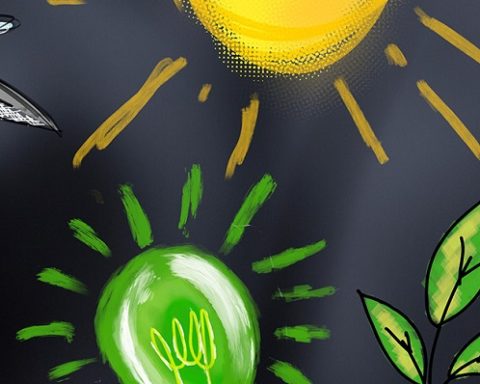La hausse de la taxe sur le prix du carburant a été le déclencheur du mouvement des gilets jaunes estimant que cette taxe pèse trop fortement sur le porte-monnaie des plus pauvres. De plus, ils considèrent que cette taxe n’était que très partiellement attribuée à la protection de l’environnement. « Mais cette taxe s’avère pourtant un des instruments pour limiter le réchauffement climatique » rappellent certains gilets verts ! Alors, comment concilier justice fiscale et écologie ?
L’idée d’une carte carbone figure peut-être parmi les solutions. Elle consiste dans une planification par les quotas de pétrole par individus. On relève au moins trois méthodes pour limiter les émissions de CO2 des véhicules individuels. Il y a l’actuelle régulation incitative du marché par les taxes sur le prix du carburant, la planification par les quotas sur la consommation individuelles et la régulation par le marché des quotas individuels.
- LIRE DA NS UP’ : Faut-il des quotas de ressources par citoyen ?
Dans les années 1990, David Fleming et Mayer Hillman, deux intellectuels britanniques proposèrent les premières ébauches de ce qui allait être ensuite connu sous le nom de « carte carbone « . Ils défendaient l’idée d’une politique publique, menée à l’échelle nationale, dans laquelle chaque personne se verrait remettre un quota annuel de droits d’émissions de CO2 qui conditionnerait toute consommation d’énergie primaire (gaz, électricité, fioul, essence, etc.). Ces droits d’émissions se décomposeraient en unités ou points et figureraient sur une carte à puce, d’où le nom de « carte carbone « .
Le budget carbone annuel, c’est-a-dire la quantité totale de droits d’émission distribuée chaque année par pays et donc par individu suivrait les niveaux d’engagements d’émission de CO2 du pays. Les quotas distribués seraient strictement égaux d’une personne à l’autre.
La carte carbone est donc fondée sur une planification par les quotas. Elle permet un effort égalitaire entre les individus.
Mais cette forme d’égalité économique quantitative s’avère-t-elle équitable ? En effet, certaines personnes en fonction de leur métier ont plus besoin que d’autres de se déplacer. Dans ce cas, l’égalité n’est pas équitable, car les besoins diffèrent.
Le gouvernement français, par exemple, a attribué des primes (des subventions) en 2019 pour les citoyens disposant de faibles revenus et qui effectuent de longs déplacements pour se rendre à leur travail. Il s’agissait dans ce cas d’une régulation compensatrice, visant à agir sur la régulation incitative par le marché, via les taxes sur le carburant. Cela renforce donc l’égalité et l’équité dans une certaine mesures, tout en conservant un certain cadre, consistant dans une volonté globale de réguler les émissions de CO2 au niveau national, via la consommation individuelle.
L’autre méthode consiste dans la création d’un marché des quotas individuels, afin de favoriser l’équité, puisque les besoins de chacun ne sont pas identiques, pas égaux, en matière de déplacement pour l’usage de son véhicule personnel.
Cette méthode vise à tenter d’allier le principe de justice, de liberté et d’égalité. En effet, « tout le monde n’a pas les mêmes consommations d’énergie ». C’est pourquoi Fleming et Hillman proposaient de mettre en place une bourse d’échange, où ceux qui voudraient consommer plus que leur quota pourraient racheter des unités supplémentaires aux plus économes, qui en auraient en excédent. Leur prix évoluerait en fonction de l’offre et de la demande.
Cela revient à organiser en quelque sorte un tarif progressif, mais ici en deux tranches uniquement : la dotation initiale de droits d’émissions est gratuite et au-delà, les unités supplémentaires sont payantes. Les dépassements de quotas individuels seraient donc limités et conditionnés par la disponibilité de quotas excédentaires. Dans tous les cas, le budget carbone national est strictement indépassable.
Pourquoi ne pas profiter d’une lecture illimitée de UP’ ? Abonnez-vous à partir de 1.90 € par semaine.
Cependant, le marché des quotas individuels ne risque-t-il pas de dériver vers le système actuel du marché international des droits à polluer des entreprises, délimité par pays ? Ce dernier permet aux entreprises de continuer de polluer à volonté, lorsqu’elles disposent des moyens financiers suffisants pour racheter les droits des pays ou des entreprises, qui ne les consomment pas eux-mêmes, généralement par manque de ressources financières.
Le marché des quotas par les individus d’une nation risque donc de subir les mêmes types de dérives. Les individus les plus riches rachetant le quota des personnes ne disposant pas de véhicule ou rachetant les quotas de ceux qui roulent peu. Par conséquent, le marché des quotas individuels apporte de la liberté en complément de la planification égalitaire, mais doit être fortement limitée ou encadrée, afin de ne pas anéantir le dispositif global.
Le marché des quotas individuels permet aux plus riches de consommer plus, tandis que la régulation par la subvention des plus pauvres, permet à ces derniers de ne pas être pénalisés pour accéder à leur travail.
Afin de contrôler les émissions de CO2 par les individus dans leurs déplacements en automobile, il y a donc un équilibre à trouver entre la régulation incitative du marché avec les taxes sur le prix du carburant, qui est égale, mais inéquitable ; la planification égalitaire par quotas individuels pour tous ; le marché des quotas pour les besoins des individus plus riches ; et l’attribution de subventions individuelles pour les plus pauvres.
Une politique équitable pour les plus pauvres pourrait combiner ces quatre leviers. Elle privilégiera d’abord la régulation incitative du marché avec les taxes sur le prix du carburant, parallèlement à une égalité de la planification par quota. Puis, elle attribuera des subventions individuelles pour les plus pauvres, afin de rétablir de l’équité pour les plus pauvres. Elle laissera néanmoins une légère part pour le marché des quotas pour les besoins des individus plus riches, afin de conserver une certaine souplesse et d’éviter les excès de la rigidité de la seule planification.
En effet, la quête de l’équité suppose d’introduire une composante de liberté dans la recherche de l’égalité. A la différence du communisme égalitariste, cette politique vise plutôt l’égaliberté, dénommée ainsi par Etienne Balibar.
